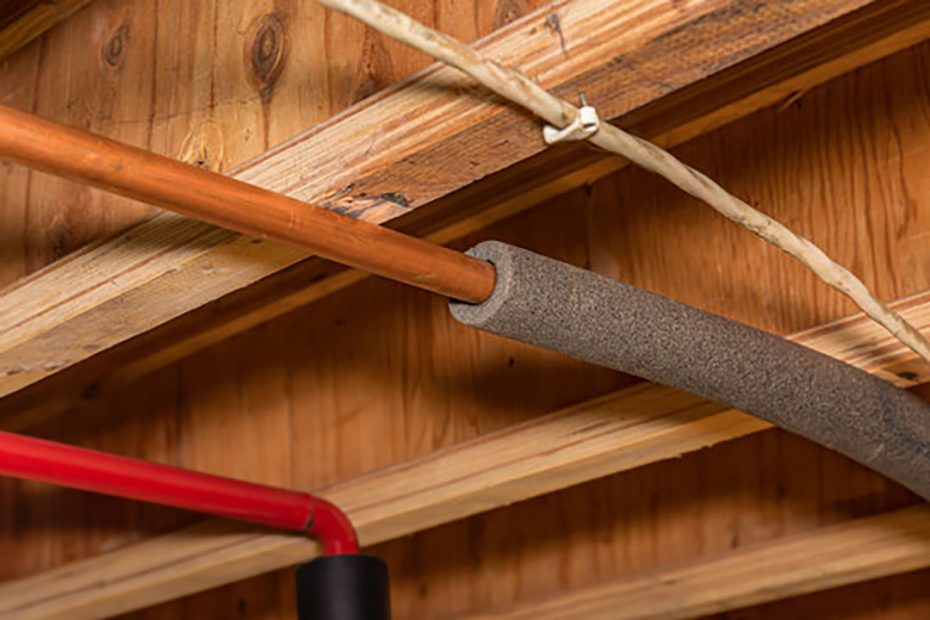Water conservation is crucial for the sustainable future of the City of Morden. One effective step to reduce water consumption and prevent wastage is to Insulate pipes and faucets. Here, we will discuss the importance of insulating pipes and faucets, and how it helps in conserving water.
Importance of insulating pipes and faucets:
Insulating pipes and faucets in your home is essential for several reasons:
- Prevents freezing and water wastage: Cold winters can lead to freezing pipes, which can cause them to burst and result in water wastage. By insulating exposed pipes, you provide a layer of protection that helps prevent freezing and the subsequent need for leak repairs.
- Reduces potential leaks: Insulated pipes are less prone to leaking. By preventing leaks, you not only conserve water but also save on repair costs.
- Environmental and economic impact: Conserving water through the insulation of pipes and faucets helps preserve the local environment by reducing the strain on water sources. It also has economic benefits by lowering your water bills.
How to insulate pipes and faucets:
- Identify exposed pipes: Check your home for any exposed pipes, especially in unheated areas such as basements, crawl spaces, and garages.
- Choose appropriate insulation materials: Use insulation materials specifically designed for pipes, such as foam pipe insulation or pipe sleeves. These are readily available at local hardware stores.
- Installation process: Cut the insulation material to the appropriate length and wrap it around the exposed pipes. Make sure the insulation covers the entire length and is securely fastened. For outdoor spigots and faucets, utilize faucet covers or insulation sleeves to protect them from freezing temperatures.
By insulating pipes and faucets in your home, you take a proactive step in conserving water and contributing to a sustainable future. Preventing freezing, reducing leaks, and having an environmental and economic impact are just a few benefits of this simple yet effective measure.
More Resources:
